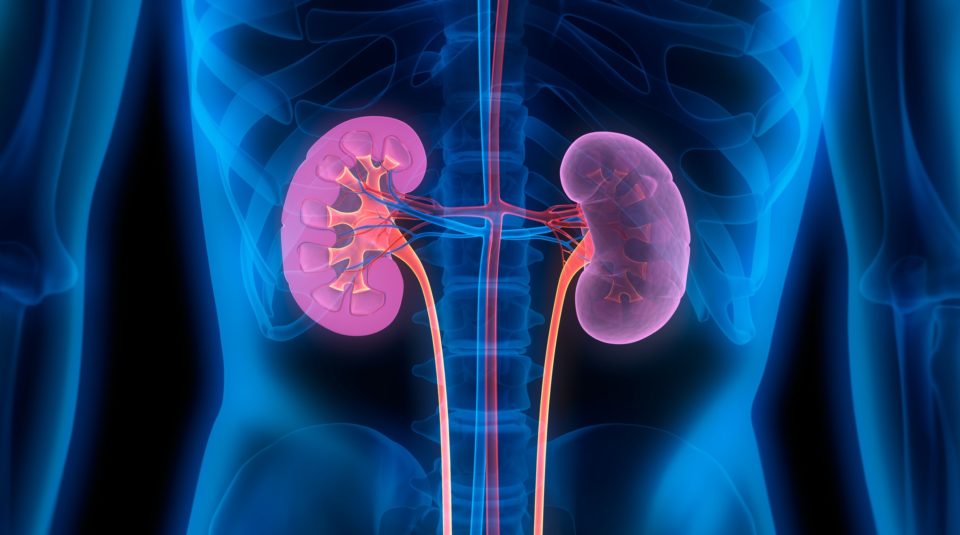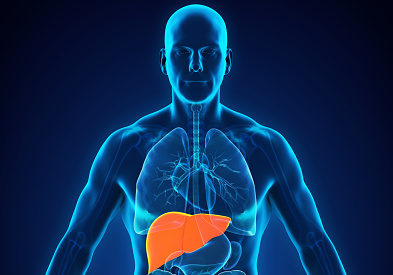
Previously, hepatitis C positive (HVC+) donor kidneys were only transplanted into recipients who were HCV infected (D+/R+). The emerging availability of direct acting anti-viral (DAA) medications has enabled the transplantation of an HCV positive kidney into a non-infected recipient (D+/R-).
J. Torabi and colleagues at Montefiore Medical Center, Bronx, New York, conducted an analysis to compare center waitlist times and total waitlist allocation days between a cohort of HCV positive patients who were transplanted with donor positive kidneys (D+/R+) (n=29) with a cohort of patients who were HCV negative and received a donor positive kidney (D+/R-) (n=40). Following transplantation, D+/R- recipients were treated with DAAs.
Results of the analysis were reported during a virtual poster session at the American Transplant Congress 2020 in a poster titled Transplantation of HCV Positive Kidneys Confers Excellent Outcomes for HCV Infected and Uninfected Recipients.
The D+/R- cohort had older recipient and donor age compared with the D+/R+ cohort: 66.9 years vs 60.8 years (P=.02) and 35.1 years versus 29.9 years (P=.01), respectively. The Kidney Donor Profile Index was also significantly higher in the D+/R- group than in the D+/R+ group (60.9 vs 44.9; P=.01).
There were no statistically significant differences in waitlist times between the two groups in either total allocation time (1340 days in the D+/R- group vs 1209 days in the D+/R+ group; P=.61) or center waitlist days (745 days in the D+/R- group vs 543 days in the D+/R+ group; P=.28). All D+/R- patients developed HCV viremia following transplantation, but with DAA treatment achieved sustained virologic response within 12 weeks.
There were no significant differences in length of stay between the D+/R- group and the D+/R+ group (5.1 vs 6.1; P=.33) or incidence of delayed graft function (28% vs 38%; P=.36). Creatinine and estimated glomerular filtration rate at 1 and 6 months were similar in both groups. All patients tolerated DAA treatment with no adverse effects from treatment.
In summary, the researchers said, “Transplantation of HCV positive kidneys offers excellent outcomes in both HCV positive and negative recipients.”
Source: Torabi J, Muhdi N, Montal A,et al. Transplantation of HCV positive kidneys confers excellent outcomes for HCV infected and uninfected recipients. Abstract of a poster presented at the virtual American Transplant Congress 2020 (Abstract A-044), May 30, 2020.





 © 2025 Mashup Media, LLC, a Formedics Property. All Rights Reserved.
© 2025 Mashup Media, LLC, a Formedics Property. All Rights Reserved.